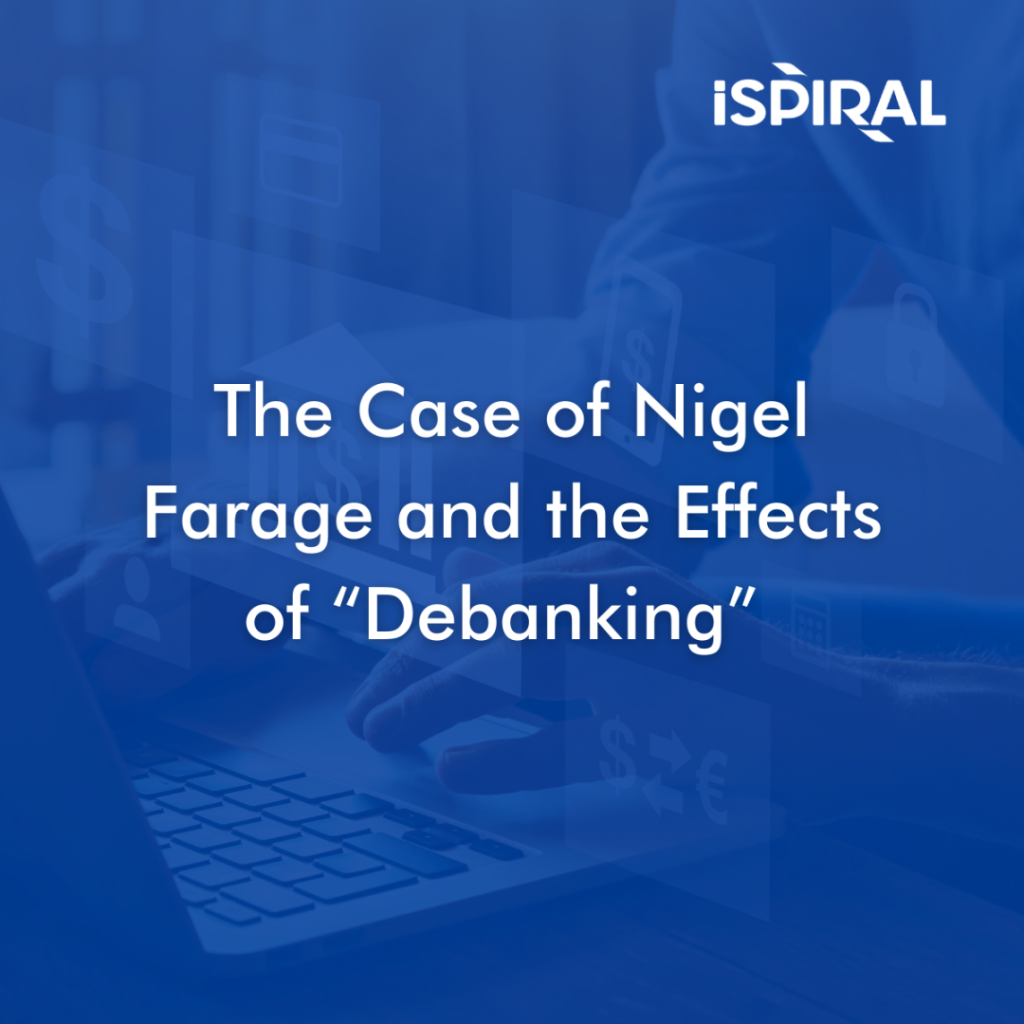Knowing Your Customer used to be about a firm handshake and a standing invitation to the family barbeque. But with the advent of globalisation, we’ve seen online business transactions and remote communication rocket…
With this comes crime on a global scale, and a very urgent need to protect against illegal dealings, through the assessment of potential risks in your business relationships and compliance with the innumerable anti-money laundering regulations which govern your activities.
In a world where the vast majority of your clients lead lives relatively unknown to you, the innumerable automated KYC and AML procedures incorporated in Electronic Identity Verification (eIDV) have become absolutely crucial to any organisation.
WHAT IS eIDV?
Electronic Identity Verification is a process by which you can ensure that clients are providing your organisation with information associated with the identity of a real person.
The service may verify the authenticity of physical identity documents such as a driver’s licence, passport, birth or citizenship certificate, and utility data (known as documentary verification), or may verify identity information against authoritative sources such as a credit bureau, police or government data, and electoral roll data (non-documentary verification).
WHY DO YOU NEED eIDV?
Able to detect potential fraud, and identify prospective customers who are on international watchlists, government sanctions lists, or suspected or convicted of financial crimes, eIDV can also be used to ensure your current client list remains up-to-date.
In constant use around the world, digital identity verification service is integral to the combating of illegal activities such as harassment, scams, and money laundering. eIDV processes are also used to establish financial accounts in many jurisdictions worldwide, where an inability to meet the compliance standards of various directives can incur the huge fines which often lead to financial ruin.
In short, real-time, automated identity verification tools are the simplest and most effective way for your organisation to quickly and easily verify the identity of your clients.
WHO USES eIDV?
Used by banks, brokerage firms, financial advisers, and in a myriad of other professions, eIDV is an essential part of your due diligence process, allowing your organisation to minimise fraud and comply with laws relating to know-your-customer, privacy, anti-money laundering, and Combating the Financing of Terrorism (CFT).
eIDV SOLUTION WITHIN THE AML & KYC COMPLIANCE SOLUTION
Effective KYC necessitates an advanced electronic identification tool to effectively address compliance and verification needs. At iSPIRAL, our Premium AML & KYC Compliance Solution includes a highly innovative, dynamic system of eIDV that provides seamless electronic identity verification of your clients.
This dynamic Solution takes the stress out of eIDV processes, delivering automated KYC on-boarding, unparalleled match verification, comprehensive worldwide coverage, and rapid, real-time identity verification.
The eIDV Module of our Premium AML & KYC Compliance Solution delivers:
- Unparalleled Accuracy
An advanced system tied to a high-quality, real-time database, our eIDV Solution correlates public and private data to accurately confirm an individual’s identity within minutes.
- Seamless Efficiency
Incredibly fast and efficient, the Solution is orientated to allow your organisation to instantly rule out potential identity theft and consequent non-compliance sanctions. By complementing automation with manual uplift, we’re freeing your time, allowing you to minimise on-boarding and maximise your customer conversion.
- Comprehensive Coverage
Identity Checks are carried out with real-time data, ensuring smooth, on-going, up-to-the-minute, on-boarding procedures. Based on a magnitude of available data sources such as utility charges, postal address information, telephone details, and watch lists, the Solution satisfies all client requirements with regards to region coverage needs, verifying the authenticity of the information provided on a global scale.



